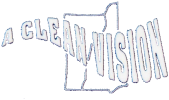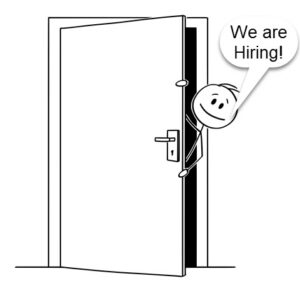
This is known by people who study human behavior as temptation bundling. It works. But before we dig into the actual process and result, let’s review some background information.
Your brain has far more neural circuitry associated with wanting something than liking something. The wanting centers of our brains are much larger than the liking centers. The liking centers are smaller, but they are not concentrated – they are distributed like small islands throughout your brain.
The human brain has evolved to crave and desire something. The simple observation that the brain has evolved to allocate significant space to the regions of craving and desire is evidence of the crucial role a craving process plays. Desire is a considerable engine that drives behavior and performance. If you have no desire to do something, then there is a high chance you will not do it or will not do it to the best of your ability.
The release of dopamine is fundamental in creating a desire. Dopamine is released when you experience pleasure and when you anticipate it. This is an important observation.
Habits are a dopamine-driven feedback look. Every highly habit-forming behavior is dopamine-driven.
Here are a few examples:
- Taking drugs to get high
- Eating junk food
- Playing video games
- Browsing social media
These activities are associated with higher levels of dopamine.
How does this relate to anticipation? Glad you asked.
- Studies reveal that gambling addicts experience a dopamine spike right before they place a bet. There is little evidence of a dopamine spike after they win.
- Drug addicts get a surge of dopamine when they see their drug of choice and anticipate taking it, not after they take it.
- An adult thinking and anticipating a vacation can find this to be more enjoyable than the actual vacation.
When your dopamine rises, so does your motivation.
Let’s now apply this to keeping a clean home.
Examples
You want to clean your home, but there is no pleasure associated with cleaning. Let’s think about how to link it to something that you do like.
Netflix – You want to watch something on Netflix. This is a big want, and anticipation makes you feel good. Therefore, after I clean the one room I need to clean (name any room), I will watch Netflix. If you link a need (cleaning) to a clear desire (Netflix), the need will be accomplished.
Social Media – You love using social media to see what friends and family are doing. You love to comment on their activities. This increases your dopamine level. You feel good about connecting with friends and family. However, you need to organize your home office. Connect the organization activity (need) to the desirable action (want).
Cleaning and organizing (your needs) and now connected to something you desire. The anticipation of the want and desire and the associated increase in dopamine will motivate you to complete your cleaning and organizing tasks. Needs and wants are now combined for a successful outcome.
If you do need some help with cleaning your home or office, give us a call at 802-295-6065. We can relieve the stress of cleaning, save you some time and help to make your home or office a more pleasant place to be.

